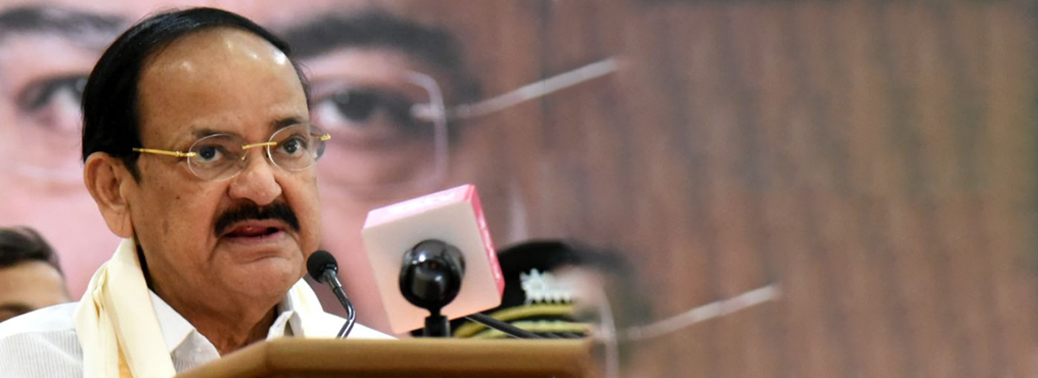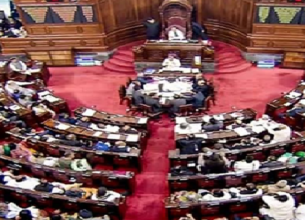15-POINT REFORM CHARTER FOR BETTER FUNCTIONING OF PARLIAMENT
31, Oct 2019

Prelims level : Governance
Mains level : GS-II Parliament and State legislature
Context:
- Our Honourable Vice President has unveiled a 15-point reform charter, while expressing severe concern over the functioning of parliamentary institutions in the country and erosion of public trust in them.
- The charter is expected to serve as a basis for a new political normal to enable effective functioning of Parliament and State Legislatures.
- He also called for a new political consciousness urging all the stakeholders to review their mindset with regard to their roles and responsibilities.
The 15-point Charter Includes:
- Parties need to ensure attendance of at least 50% of their legislators all through the proceedings of the Houses by adopting a roster system.
- Review of anti-defection law.
- Review of the whip system which is “stifling reasonable dissent even on non-consequential matters”.Set up special courts for time-bound adjudication of criminal complaints against legislators.Pre and post legislative impact assessment.
- Address problem of rising number of legislators with criminal background.
- Governments should be responsive to opposition and opposition to be responsible and constructive while resorting to available parliamentary instruments
- Consensus on the proposal for simultaneous elections.
- Steps should be taken for the effective functioning of the Parliamentary Committees.
- The representation of women in legislatures needs to be raised.
Need behind such a charter:
- The functioning of the parliament is heavily coming under criticism for various reasons and major issues behind them are as follows:
- Political power continues to be a male dominated. The Lok Sabha and the Rajya Sabha have not seen women MPs cross the 12% mark.
- Political parties failing to display internal democracy.
- The number of sittings the parliament undergoes is declining gradually.
- Parliament occupied by persistent disruptions.
- Rising questions on the quality of debates. In 2008, for instance, 16 Bills were passed with less than 20 minutes of debate.
- Rising number of legislatures with criminal record.
- Rising money and muscle power in elections.
- Legislatures displaying high degree of absenteeism.
- Faulty ‘First Pass the Post (FPTP) election system.
- There are many instruments like anti-defection law, whip issued by the political parties that are acting as hindrances for free speech of MPs.







